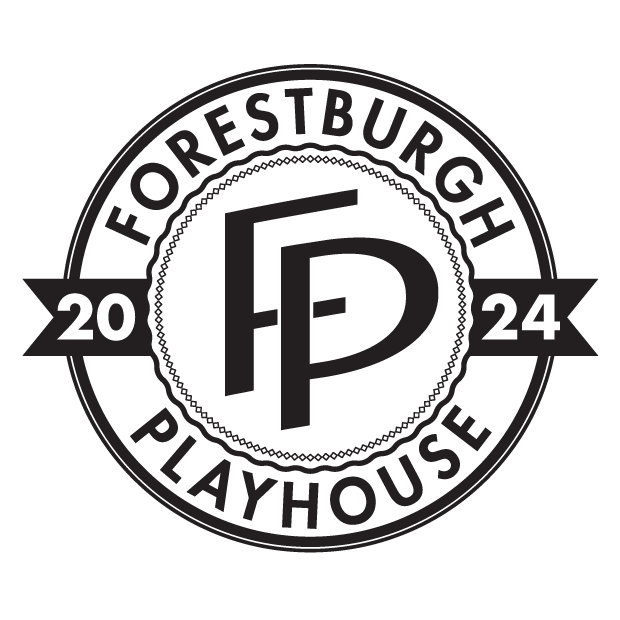A Theatre Director's Responsibilities
Ah, the creative visionary behind a theatre - the director.
Whenever we hear the theatre director referenced, we instantly see someone standing high up on a podium with a spotlight shining just so. This is numero uno, the big cheese, the head honcho, the queen bee. This is the one who directs the performers to transform an ordinary performance into an extraordinary performance - and one that lasts in memories for years to come. The seemingly effortless show you see on opening night? It didn’t start out that way, but rather became that way under the guidance of the director.
While theatre directors really are important people that we may hold to a high regard, directors are also regular people who have a lot of responsibilities when it comes to putting on a show. Many hours and incredible dedication are some of the requirements to get the job done well.
Let’s take a behind-the-scenes look at a theatre director’s responsibilities.
Coaching Developing Performances
Theatre directors are like coaches. Except, instead of being on the field they are in the theatre. They help each cast member work through readings and how to communicate the part effectively, both verbally and physically. In other words, they work to help fully develop characters.
While many people may have the ability to do this, theatre directors have the right combination of guidance and direction without seeming too harsh, getting irritated, or losing patience. There is a fine line between directing and being bossy. A good theatre director knows the difference.
A Theatrical Visionary
Think about this for a moment -- how many times have you seen Les Miserables or Rent? Anyone can do a repeat performance. But a truly successful theatre director can take shows that have been done countless times and turn them into something new.
They take all the parts and pieces and bring them together. How they bring it together is what will either make them like everyone else or allow them to soar above the rest.
Objectively Analyzing
As everything begins to transform into the final performance, the theatre director needs to be able to make cuts where necessary, create workable character movement throughout scenes, and make sure that everything flows logistically - without losing any of the emotional factors.
Sometimes changes need to be made that will be better for the performance as a whole -- and theatre directors need to be able to do this objectively.
The Responsibility of Everything
A theatre director is responsible for every part of the show. From forming the team, casting parts, and running read-throughs to getting sets developed, walking through scene breakdowns, and having tech runs to ensure everything is working properly.
The function of every aspect of the show - all of its tiny individual parts that come together as a whole - are the responsibility of the director.
Learn More About the Theatre at The Forestburgh Playhouse
If you are interested in experiencing what theatre is like because you have never been or you are interested in exploring some new shows, you will find a great selection of current and upcoming performances at the Forestburgh Playhouse. After all, it is a 75th anniversary season celebration. Come see all the work that everyone - especially the theatre director - has put in to make this all possible.
The Forestburgh Playhouse first opened its doors in July 1947. And while it has changed quite a bit over the years, it has become a premier destination in the Sullivan County Catskills.
For theatrical performances that never disappoint - get your tickets today.

